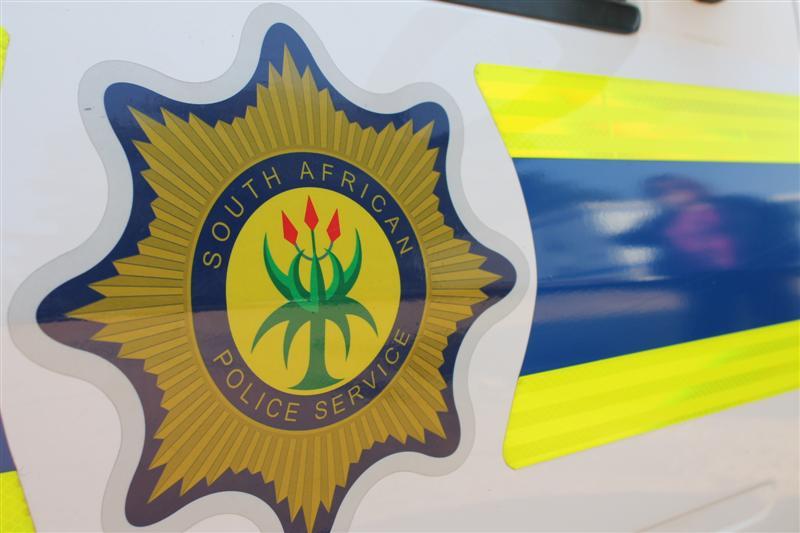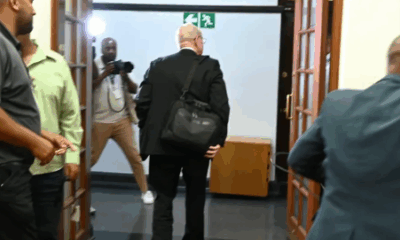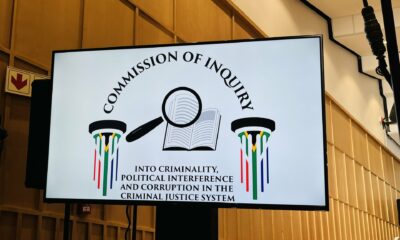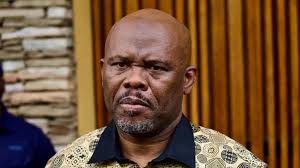News
Judge Urges South Africans to Record Police to Curb Abuse After Brutal Assault Case

A Judge’s Wake-Up Call for South Africa
A Gauteng High Court ruling has ignited a national conversation about police accountability and citizens’ rights. The case centred on Ramothopo Ratshwene, an Uber driver from Soweto, who was brutally assaulted by police officers for saying what many South Africans have probably said in frustration: “Some police are useless.”
Those words cost the taxpayer R1.8 million in damages and exposed, once again, how fragile the relationship between the public and the police has become.
“Record the Police”
Delivering judgment, Acting Judge B Ford didn’t mince words. The court’s ruling wasn’t just about compensation; it was a warning and a lesson. The judge urged members of the public to record their interactions with the police to prevent abuse and ensure accountability.
By capturing engagements on video, the judge noted, people can help “stem the floodgates of abuse that individuals suffer at the hands of the police.” In this case, footage played a crucial role in proving Ratshwene’s innocence and exposing the brutality he endured.
The Assault That Sparked It All
The incident unfolded in Meadowlands, Soweto, after Ratshwene stopped to help at a car accident. When police at the scene offered no assistance, he expressed his frustration to a friend. Officers nearby overheard and allegedly attacked him, grabbing him by his private parts and beating him repeatedly.
They then dragged him to the Meadowlands Police Station, where the violence continued. He was tasered, thrown into a cell, and later taken to court, bloodied and bruised. The police accused him of assaulting an officer, but the video evidence told a very different story.
The court ruled that Ratshwene was the victim, not the aggressor. Footage clearly showed him being forced into a police van, with no sign of him attacking anyone.
A Broken System, Paid by the Public
In his judgment, Judge Ford criticised the officers for violating their constitutional mandate, reminding the court that police are meant to protect, not persecute. He described their actions as a “violation of dignity and justice,” one now paid for by an already strained public purse.
The R1.8 million payout will come from taxpayers, not the officers responsible. It’s a reality that’s becoming painfully familiar, as misconduct claims against the South African Police Service (SAPS) continue to cost millions each year.
The judge also ordered the Police Minister to direct the Independent Police Investigative Directorate (IPID) to conduct a full-scale investigation into what happened at the Meadowlands station.
Lasting Impact on the Victim
For Ratshwene, the assault left more than scars. He couldn’t work for weeks, lost his income as an Uber driver, and still struggles with pain that prevents him from sitting for long periods. His injuries forced him to give up the job entirely.
He has since filed a formal complaint with IPID for assault, wrongful arrest, and trauma. Despite the police claiming he was the aggressor, the evidence tells another story, one that has sparked renewed calls for reform within SAPS.
A Turning Point for Accountability?
This case is more than a legal victory; it’s a wake-up call for citizens and the state. The judge’s advice to “record police interactions” highlights a growing reality: that technology has become a citizen’s strongest defence against abuse of power.
For many South Africans, it’s also a sobering reminder that justice often depends on proof, not promises.
As the video in Ratshwene’s case proved, accountability sometimes begins with pressing “record.”
Also read: Swearing at a Cop in South Africa: What Can Actually Get You Arrested in 2025
Follow Joburg ETC on Facebook, Twitter, TikT
For more News in Johannesburg, visit joburgetc.com
Source: IOL
Featured Image: Knysna-Plett Herald



























